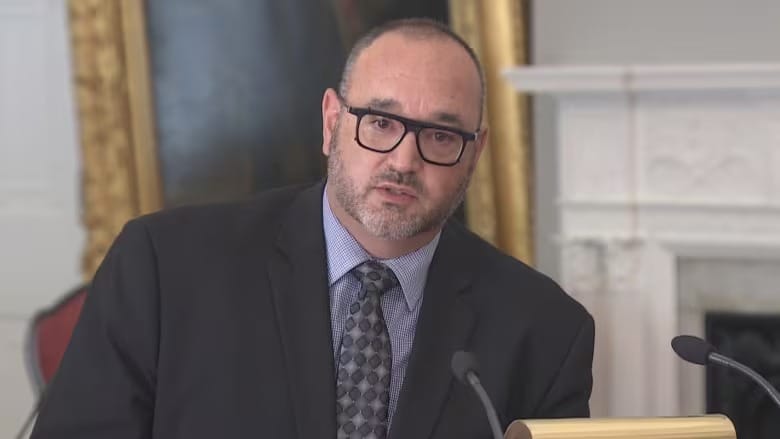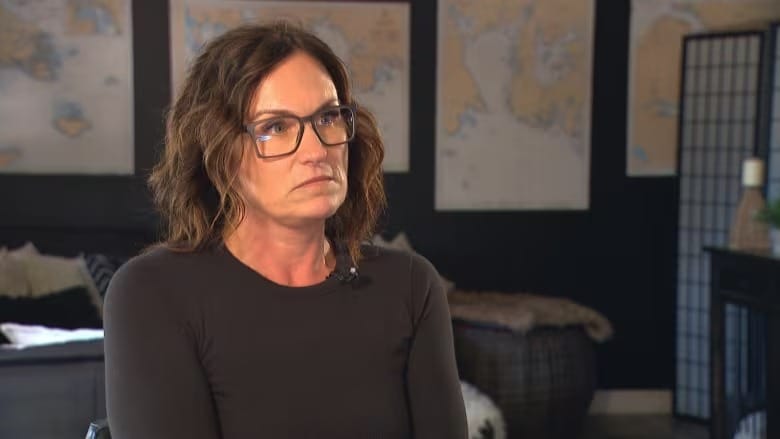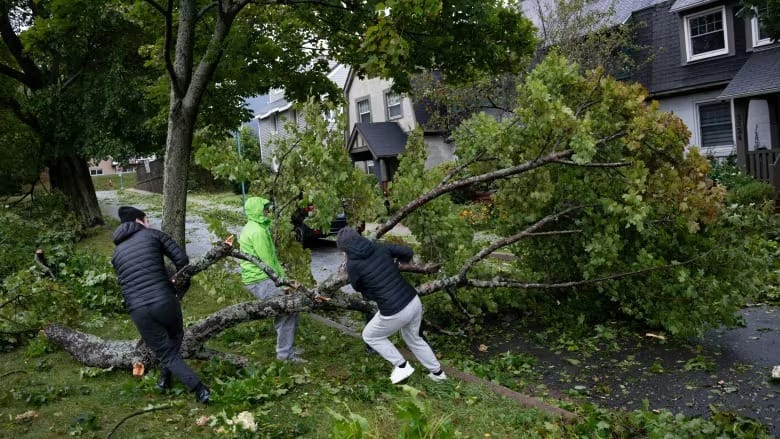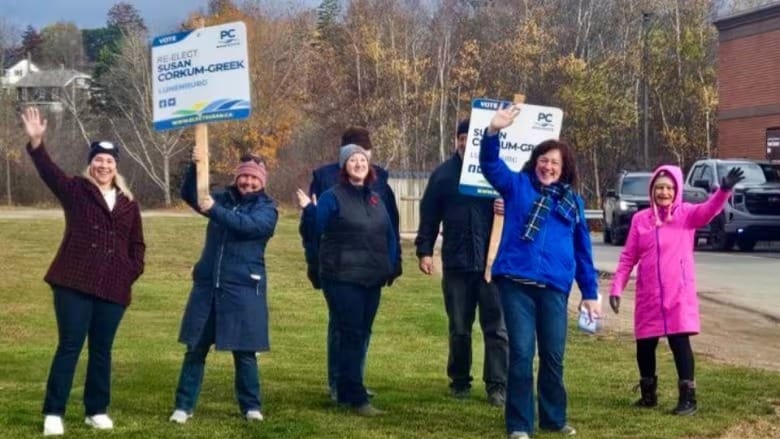N.S. political parties all try to make affordability their issue
Days into a general election campaign, affordability is top line for major party leaders
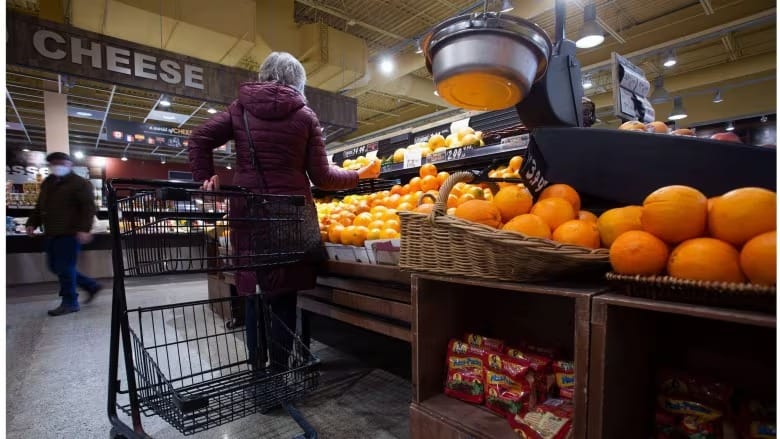
In the three years since Nova Scotia's last election, the cost of living has surged, with rent and mortgage payments climbing, grocery prices rising, and homelessness becoming more widespread.
Tammy Brunet is one of many Nova Scotians struggling with these challenges, and her experiences with housing and rising costs have left her disillusioned with provincial politics.
Earlier this year, Brunet’s landlord informed her that she would have to leave her Halifax-area apartment at the end of her lease. The best alternative she could find was smaller and came with a significantly higher rent. The ordeal has deeply affected her.
"I don't know that I will ever feel completely safe renting anymore, knowing how easy it is for a landlord to just decide, 'You can go now because I want more money,'" she said.
Back in 2021, affordability was already a concern, though it wasn’t as dominant an issue as it is now. In the current snap election, all major parties are focusing heavily on affordability, promising solutions—but Brunet isn’t convinced. Unless something changes, she says she won’t vote on election day next month.
Tough Choices: Bills First, Food Later
Brunet works full-time as an office manager, but rent now takes up 50% of her income. She prioritizes paying her rent, utility bills, and phone bills, often leaving little for food. When money is especially tight, she subsists on hard-boiled eggs.
Her 23-year-old daughter, who lives with her, paused her university education this fall to work full-time and contribute to their expenses. Previously, they paid $1,417 per month for a three-bedroom apartment. When the landlord sought $1,950 from the next tenant—a nearly 40% increase—they moved to a two-bedroom apartment for $1,850 per month.
Sam McPhee, another Nova Scotian, understands the stress of housing instability. She and her two daughters, aged six and eight, spent years moving between temporary accommodations, including stays with family and in hotels. After five years on a public housing waitlist, McPhee finally secured a three-bedroom townhouse in Halifax’s Uniacke Square.
"It was such a relief. It just felt like the weight of the world was off my shoulders," McPhee said.
McPhee’s rent is adjusted annually based on her income, ensuring it doesn’t exceed 30% of her earnings. Currently, she works part-time at McDonald’s and babysits, paying $259 in rent.
Grocery Prices 'Out of This World'
Despite having stable housing, McPhee still faces financial challenges.
"Power is a huge expense, of course, and then groceries, which are absolutely out of this world right now," she said.
She has had to alter her shopping habits, treating items like canned ravioli as luxuries she only buys on sale. To make ends meet, she supplements her groceries with food bank visits and a monthly food basket from a local family resource centre. While managing her finances is tough, she credits her affordable rent for keeping things under control.
"I would really love to see things change for other people. We're really fortunate with where we've ended up," she said.
The Progressive Conservative (PC) government has pledged to build 273 new public housing units, though more than 7,000 people remain on the waiting list.
For Brunet, the solution lies in addressing fixed-term leases. She argues the government must "wake up" to the impact these leases have on renters and affordability.
"Nobody has security where they live. It would be so easy—I say it would be so easy to correct it," she said.
Fixed-term leases allow landlords to avoid renewing a tenant's lease without giving notice or justification, and they can raise rent freely for new tenants. While tenants and advocates criticize these leases for leaving renters vulnerable, landlords defend them as necessary to recover costs, citing the province’s 5% rent increase cap.
Election Promises on Affordability
During the 2021 election, the PCs focused heavily on healthcare. However, as housing and cost-of-living issues escalated during their term, the government shifted its attention toward affordability. Premier Tim Houston’s Tories have promoted incentives for private developers, emergency housing solutions, and partnerships with non-profits to expand non-market housing.
The government has also made changes to provincial taxes, claiming these will help offset inflation and high interest rates. They’ve indexed income tax and assistance rates to inflation and announced a one-percentage-point cut to the sales tax. Houston has promised to raise the basic personal exemption for income taxes from $8,744 to $11,744 and increase the minimum wage to $16.50 within a year.
The Liberals, led by Zach Churchill, have also proposed tax cuts as a remedy for rising costs. They aim to cut the sales tax by two percentage points and eliminate HST on all grocery items. They’ve additionally pledged to make public transit free across the province.
While affordability is a relatively new focus for the Tories and Liberals, it has long been a central issue for the New Democratic Party (NDP). For years, the NDP has called for permanent rent control and wage increases, and they are now advocating for the abolition of fixed-term leases.
Under leader Claudia Chender, the NDP released a housing plan this year emphasizing rent control and the need to end fixed-term leases. This plan is expected to be a key part of the party’s campaign platform.
None of the parties have yet released their full election platforms.
The election will take place on November 26.


